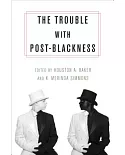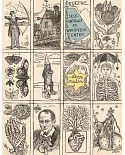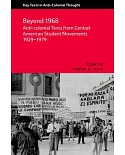Seeing the George W. Bush administration as having initiated an era of "new imperialism," Maskovsky (urban studies, Queens College) and Susser (anthropology, Hunter College) are concerned with
understanding the domestic impact of US militarist imperialism abroad in terms of new patterns of inequality, insecurity, and violence; new kinds of social relations; and new political and
cultural boundaries and tensions. They present 16 chapters exploring such topics as Latina/o youth in Junior Reserve Officer's Training Corps programs and the politics of militarism,
inequality, and citizenship in the neoliberal city; torture, public amnesia, and the School of the Americas military training program (now called the Western Hemisphere Institute for Security
Cooperation); imperial morality and global HIV prevention policy; antiwar veteran resistance to imperialism from Vietnam to Iraq; the racialized aesthetic of "bling" and patriotic consumerism;
the impact of the Department of Homeland Security and other aspects of the new security regime on marginal and insecure urban and border populations; the post-9/11 culture of fear and the
emergence of punitive governance; the distributive effects of welfare, tax, and military policies; imperial policies and worker vulnerability in the US; and the impact of imperial wars on drug
trafficking. Annotation 穢2009 Book News, Inc., Portland, OR (booknews.com)





















